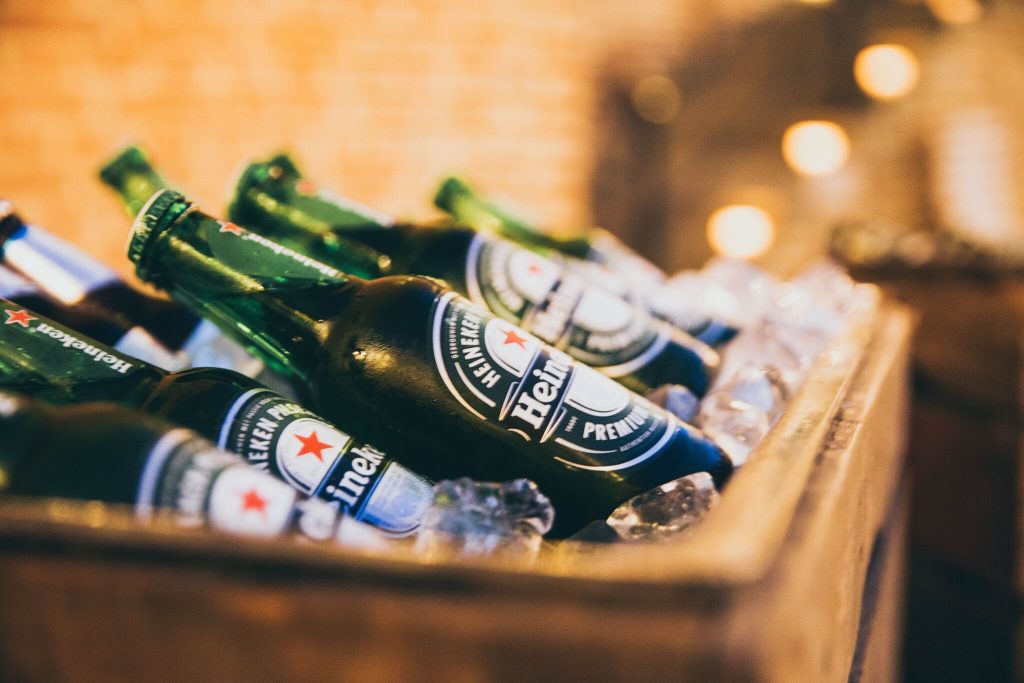Home brewing in the UK: technical and legal aspects to know

In the United Kingdom, home brewing is an age-old tradition and in recent years the culture has gained further popularity. As a matter of fact, in the UK it is possible to brew beer at home in a controlled and legal way. For the budding brewers, home brewing offers a possibility to dive into an exciting journey into the world of beers, ciders, and other beverages. However, before embarking on this path, it is crucial to understand the basics of home brewing, from the role of brewing yeast to the legal aspects to be aware of.
What is brewing yeast?
At the core of the production of beer or cider is the brewing yeast, a microscopic organism belonging to the fungus kingdom that is a catalyst for transforming the sugars in the brew, producing alcohol and carbon dioxide. In addition to this, yeasts also play a pivotal role in defining the drink’s flavour, aroma and feel.
There are different types of yeasts, and they are classified by their fermentation type, temperature, and other characteristics, but the most widely used are ale yeast and lager yeast. Ale yeast is top-fermenting beers and prefers to ferment in warmer temperatures such as 16-22°C and it is used for ales, stouts, and porters; on the other hand, lager yeast settles at the bottom and prefers cooler temperatures between 5-11°C and produces crisp and clear-looking beers.
That is why is essential to choose the right yeast compatible with the brew wished to produce and the environment in which they are brewing, as it significantly influences the taste and style of the beer.
Home brewing 101
Alongside with yeast, every beer originates from some fundamental ingredients, such as malt, hops, water, and equipment such as fermentation vessel, boiler, thermometer, and hydrometer. In the UK, there any many shops, both physical and online which sell the equipment or kits to brew beer at home.
As for the brewing process, even though it may seem intricate, can be broken down into a few main steps:
- mashing: the combination of malt with hot water to activate enzymes that convert starches to sugars; this mixture is called ‘mash’;
- boiling: the liquid (known as ’wort’) is transferred to a boiler with hops.
- cooling: once boiled, the wort needs to be cooled quickly to a temperature where yeast can be added;
- fermentation: the yeast is added to the cooled wort in the fermentation vessel and this stage can last from several days to weeks;
- bottling: once fermentation is complete, brew can be transferred into bottles or casks, with a sprinkle of sugar thrown in to facilitate carbonation.
Understanding UK regulations for home brewing
As mentioned earlier, in the UK it is completely legal to brew beer at home. There are no limits on the permitted quantity of brew one can produce, but beer brewed at home can be for personal consumption only. If one intends to brew the beer for sale on a small, medium, or large scale, it is not possible to produce it at home because in that case a number of requirements must be met for it to be legal.
It should be noted that the term ‘sell’ I not only limited to the commercial transaction between a seller and a buyer, but it also applies to distribution with no payment. As a matter of fact, home brewed beer cannot be gifted or given away if it will be consumed outside of your home because it is also considered illegal.











